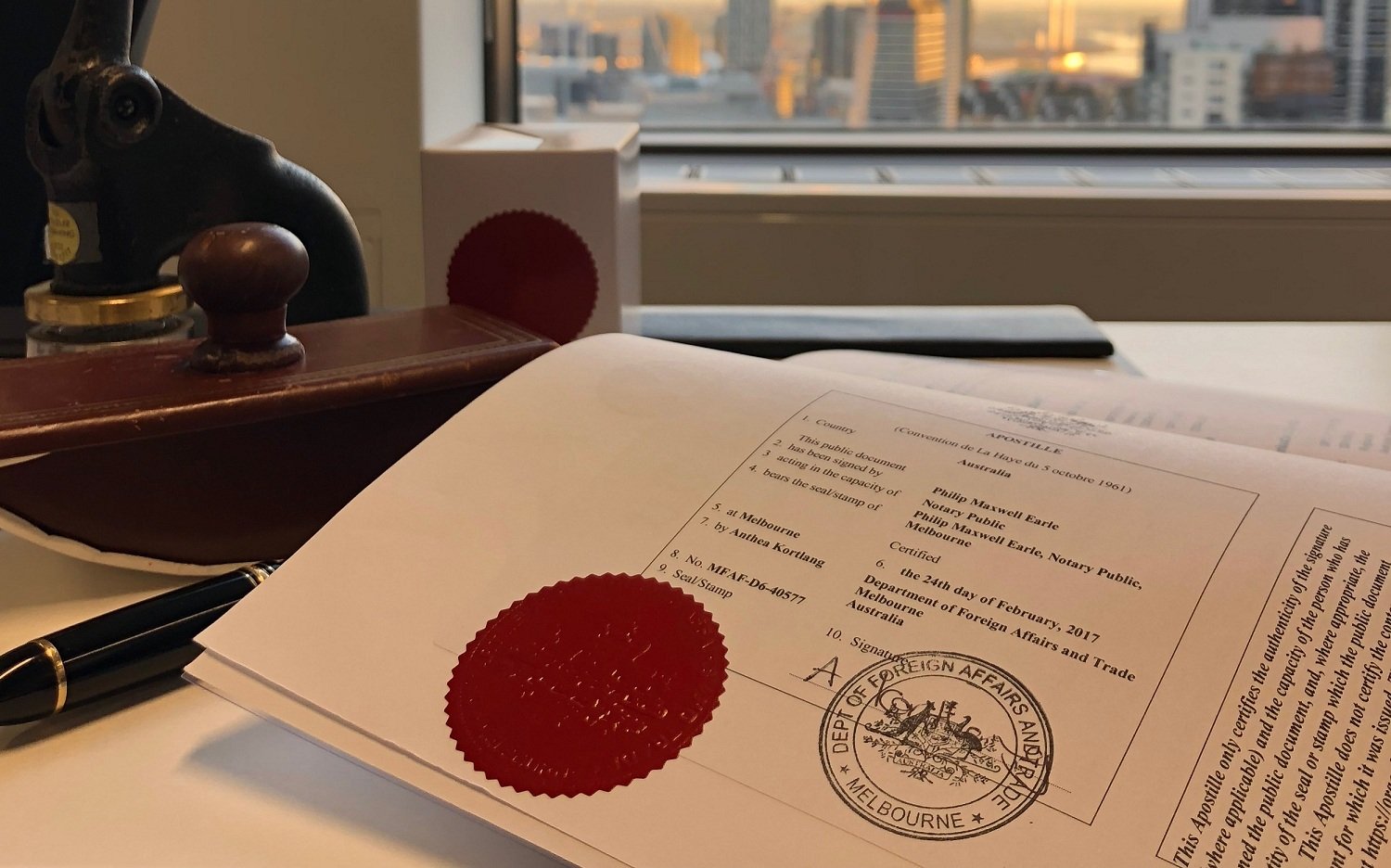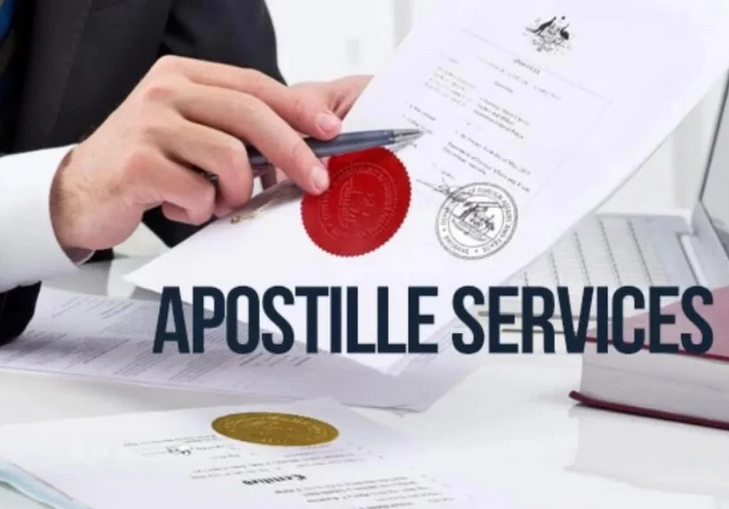Understanding the Significance of Apostille Accreditation and Why It Is Crucial for Legal Files
In the world of lawful documentation, the process of verifying and verifying papers for worldwide usage is a crucial element that can not be forgotten. Amongst the numerous mechanisms offered for this function, apostille qualification stands apart as a streamlined and globally identified method. Understanding the ins and outs and effects of apostille certification on legal papers is necessary for individuals and organizations engaging in cross-border tasks. This certification lugs extensive significance in ensuring the legitimacy and acceptance of vital documents beyond national boundaries, however just what does it entail, and why has it become important in today's globalized globe?
The Interpretation of Apostille Accreditation
Apostille qualification is a customized kind of verification that confirms the authenticity of a lawful document for international use. This qualification is critical for ensuring that papers coming from one country are acknowledged as legitimate in another, simplifying the process of cross-border purchases, lawful procedures, or personal matters like marital relationship or adoption. The Hague Apostille Convention of 1961 established the structure for this streamlined certification process amongst participating countries.
To get an apostille qualification, the assigned authority in the document's country of beginning need to confirm the paper's credibility prior to attaching the apostille. Once affixed, the apostille ensures that the file will be accepted as valid in any type of other country that is part of the Apostille Convention, without the requirement for further qualification.
Advantages of Apostille for Legal Records
The usage of apostille qualification improves the global acknowledgment process for lawful files, supplying considerable advantages in facilitating legal formalities and cross-border interactions. By affixing an apostille certification, the document comes to be easily accepted in countries that are component of the Hague Apostille Convention, removing the demand for more authentication.
Furthermore, apostille accreditation boosts the overall performance of lawful treatments by simplifying the procedure of validating the legitimacy of a document. This is particularly valuable in circumstances where time is essential, such as in lawful matters calling for swift cross-border actions. Furthermore, apostille qualification assists in cultivating trust and self-confidence among parties involved in worldwide transactions, as it acts as an around the world recognized seal of approval for the document's credibility. Overall, the benefits of apostille accreditation for legal papers are critical in advertising smoother worldwide interactions and making sure compliance with lawful requirements across boundaries.
Apostille Vs. Legalization: Key Differences
When distinguishing in between the procedures of apostille accreditation and legalisation for lawful records, it is important to understand the vital distinctions in their particular verification techniques. An apostille is a streamlined kind of legalization that is approved amongst nations that are component of the Hague Apostille Convention.
On the other hand, legalisation is a much more typical method that entails multiple actions of authentication. It requires confirmation by various authorities, including government departments and foreign embassies or consulates in both the releasing and getting nations. This process can be much more costly and taxing compared to obtaining an apostille. The choice in between apostille qualification and legalisation depends on the specific requirements of the nation where the discover here record will be used. Comprehending these differences is essential for guaranteeing the proper verification of lawful records for worldwide usage.
Countries Accepting Apostille Accreditation

While the Hague Apostille Convention has significantly streamlined the process of cross-border document verification, there are still nations that are not celebration to the convention - Houston TX Apostille. Therefore, records destined for these nations may require traditional legalisation treatments via consular offices or consular offices. It is essential for organizations and individuals taking care of worldwide purchases to validate the certain requirements of the destination nation to make certain compliance with their lawful requirements
Actions to Obtain Apostille for Documents
To obtain an apostille for your records, you have to begin by recognizing the proper providing authority in your nation. When you have actually recognized the proper authority, the following step is to guarantee that your record satisfies all the requirements for apostille qualification.
After validating that your file fulfills the criteria, you will certainly need to submit an apostille application given by the issuing authority. This type will need details regarding the document being verified and the nation where it will certainly be used. In addition to the finished application, you will likely need to send the initial paper, a duplicate of your identification, and any type of applicable charges.

Conclusion
In conclusion, apostille certification plays a vital duty in ensuring the credibility and validity of lawful files for global usage (Houston TX Apostille). Recognizing the significance of apostille certification is necessary for individuals and organizations navigating the intricacies of cross-border deals and legal matters. By obtaining apostille qualification, parties can improve the procedure of file verification and verification, ultimately saving time and sources in the international arena
To acquire an apostille accreditation, the designated authority in the file's country of origin must confirm the record's authenticity prior to connecting the apostille. Once connected, the apostille makes sure that the record will certainly be accepted as valid in any various other nation that is component of the Apostille Convention, without the requirement for further qualification.
By affixing an apostille certification, the record comes to be easily accepted in countries that are part of the Hague Apostille Convention, eliminating the demand Read Full Report for more authentication.Distinguishing in between apostille accreditation and legalisation reveals the differing approval of these authentication approaches across different nations, with some countries particularly acknowledging and sticking to the apostille process. The apostille accreditation is widely approved among countries that are component of the Hague Apostille Convention, which currently has 118 participant states.